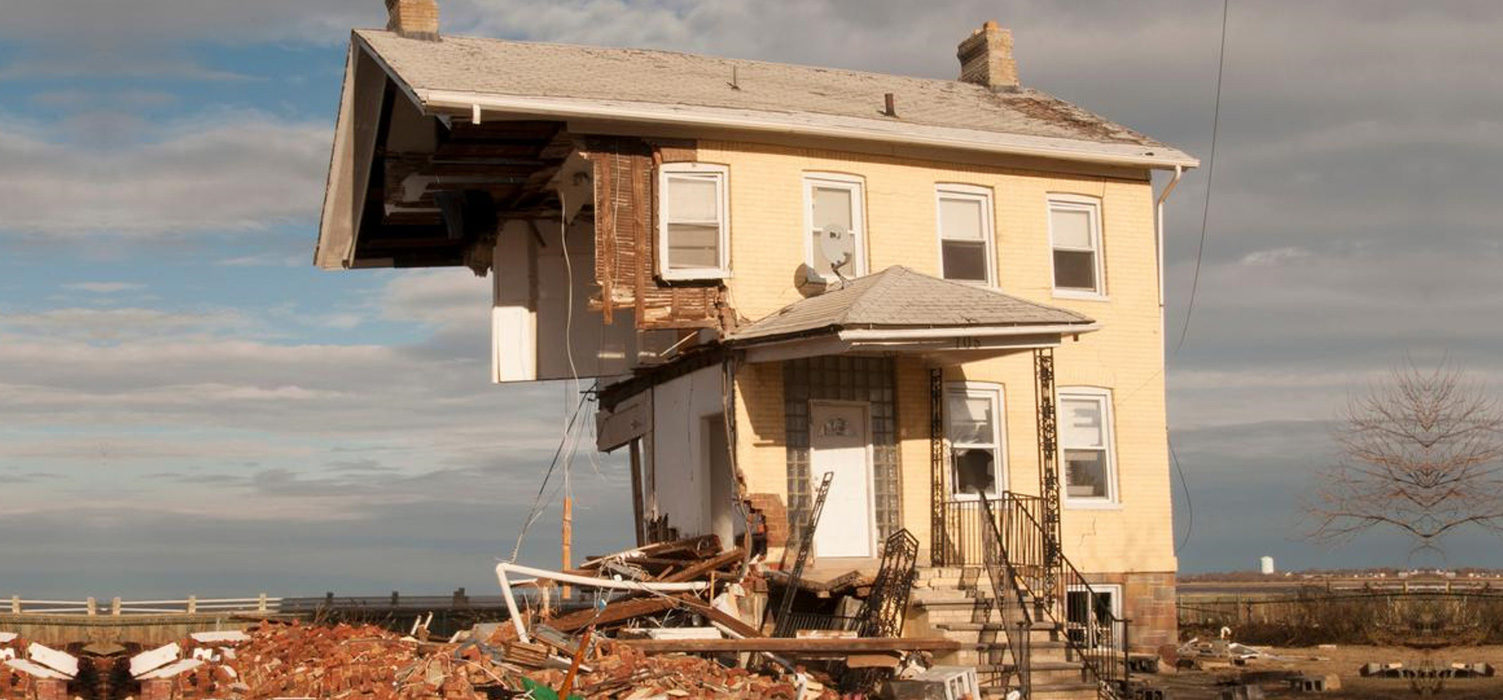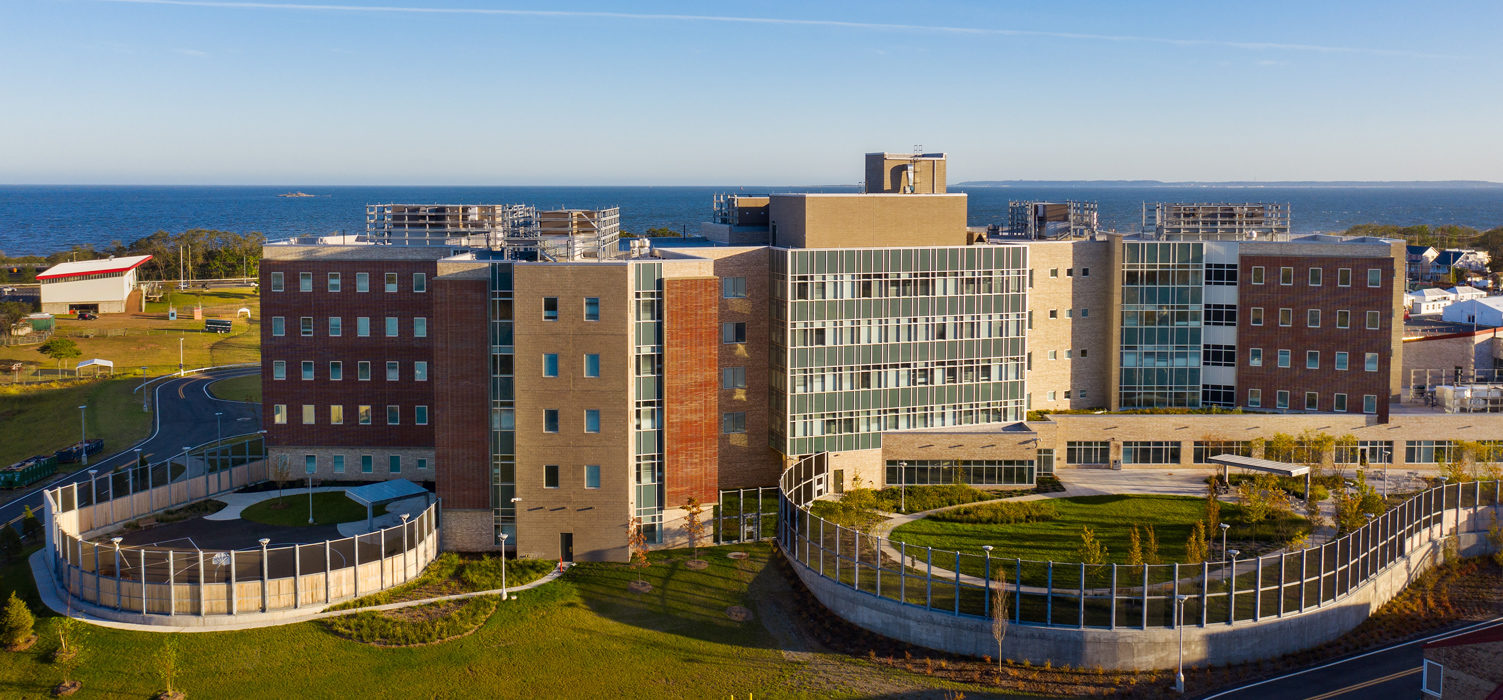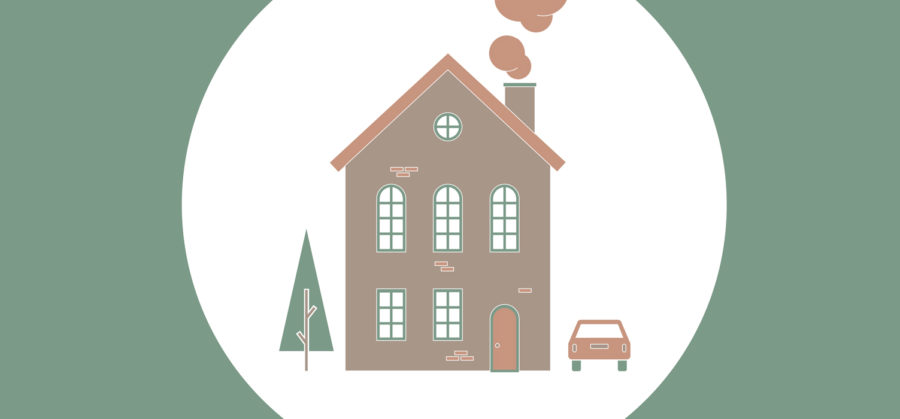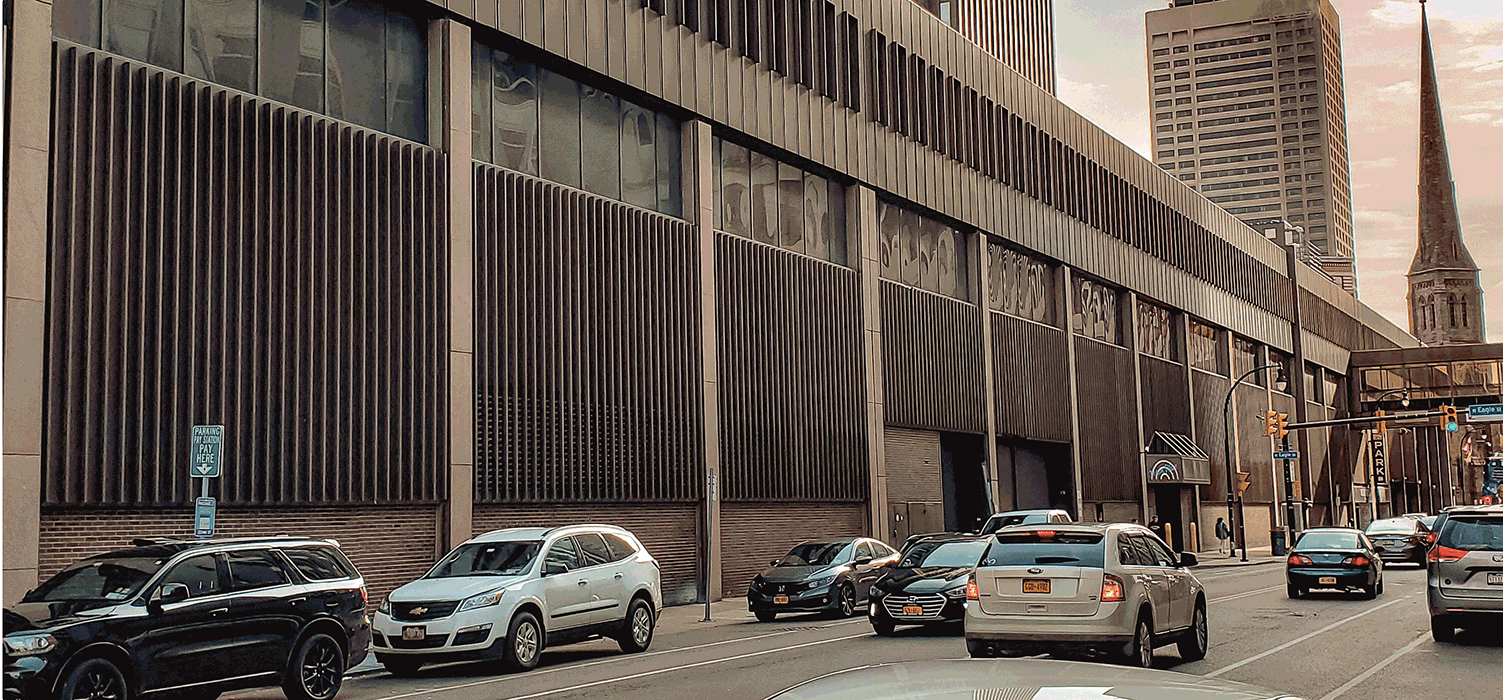Happy Historic Preservation Month! Our cities may have gone quiet these past months, but this time of stillness is a mere nano-second in the lifetime of our great historic places. As architects and planners, we feel the call to protect our rich past and natural history, not only preserving historic buildings but also in adapting them to accommodate new uses and functions, sustaining them for future generations. Recently, our team collaborated with Buffalo’s beloved Albright Knox Art Gallery on the renovation of the original E.B. Green designed Clifton Hall, constructed in 1920 as the Buffalo Society of Natural Sciences. The renovation provides a bright and contemporary workplace environment with a variety of program types within and pays homage to the character-defining elements of the original building. View the Clifton Hall project. Once again, rapid social change is altering the way we inhabit the built environment. For the health and safety of our communities, we’ll need inspired, thoughtful programming and design ideas to reconcile our existing places and spaces with new, safer requirements. This isn’t the first time our great historic places have been made safer and better equipped for the future! So, with respect for all that has come before, and an imagination for ways to embrace our modern way of life, we’ll continue to protect, restore and adapt our historic buildings for the world as it will be now, near and far. Check out some of our recent historic restoration, renovation and adaptive reuse projects here:

Climate Change and Design in NYS
The world’s climate is changing at an accelerated rate due to human activity; sustainability is no longer optional.






